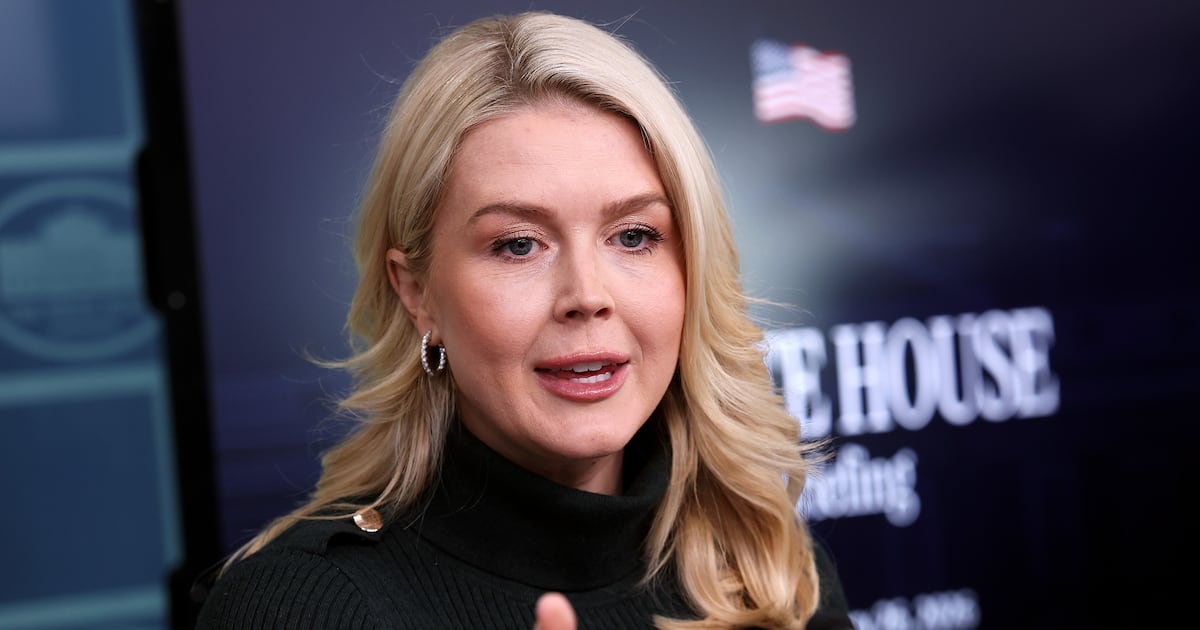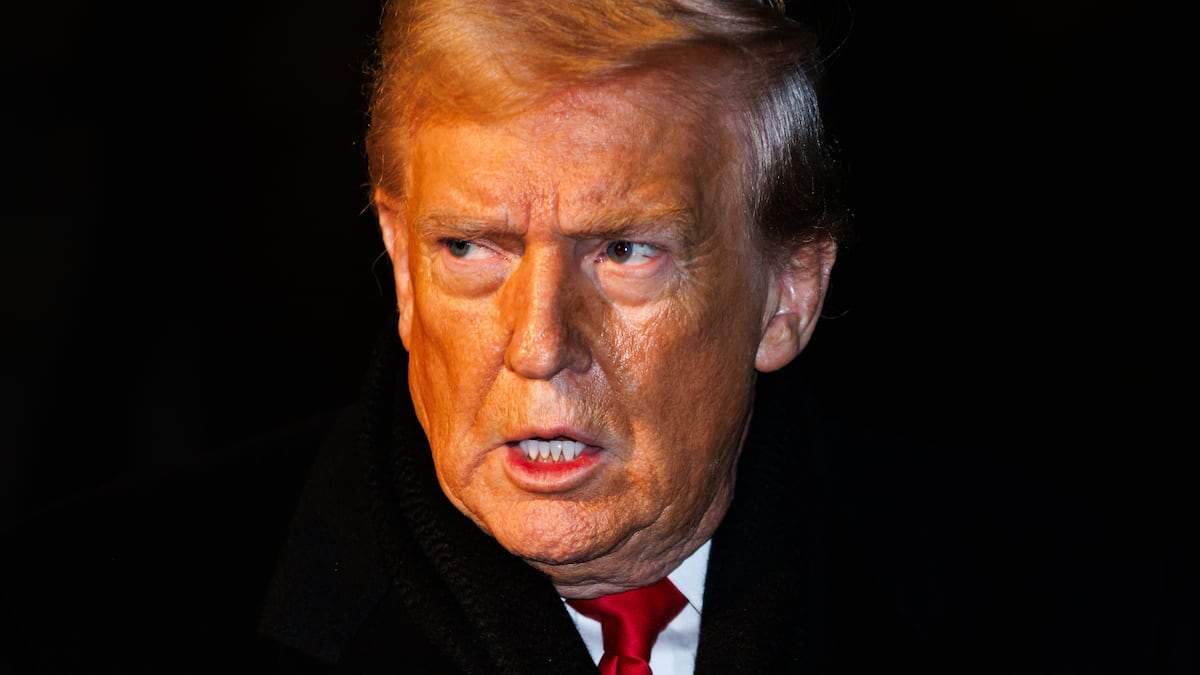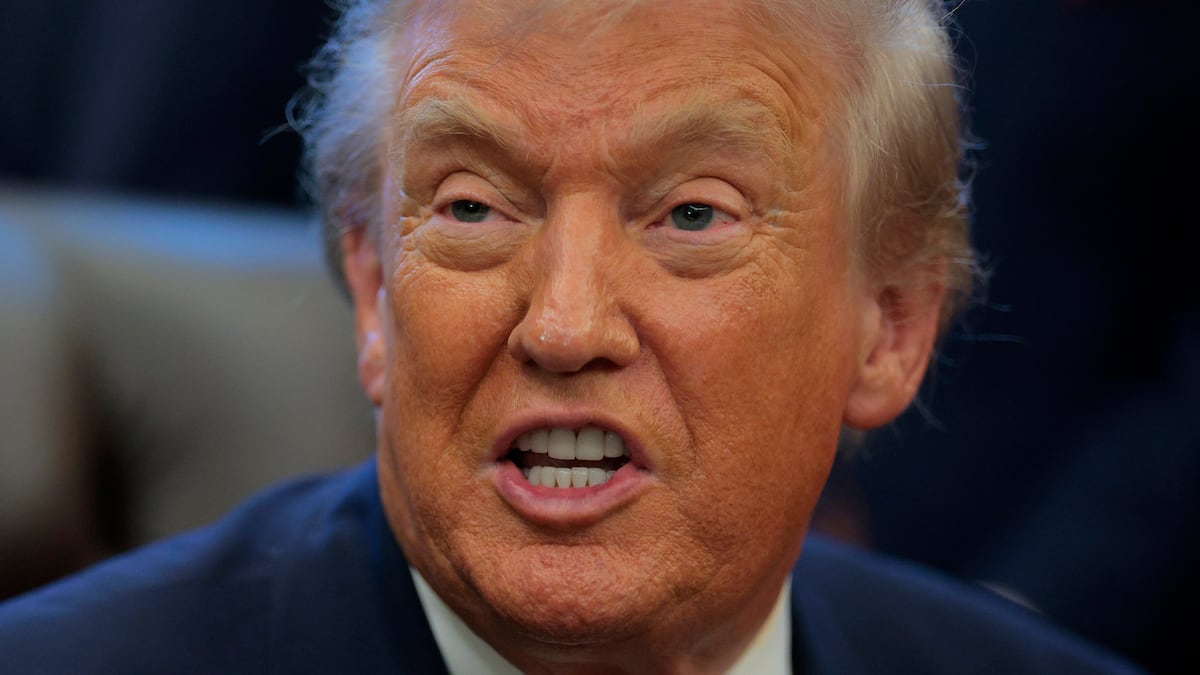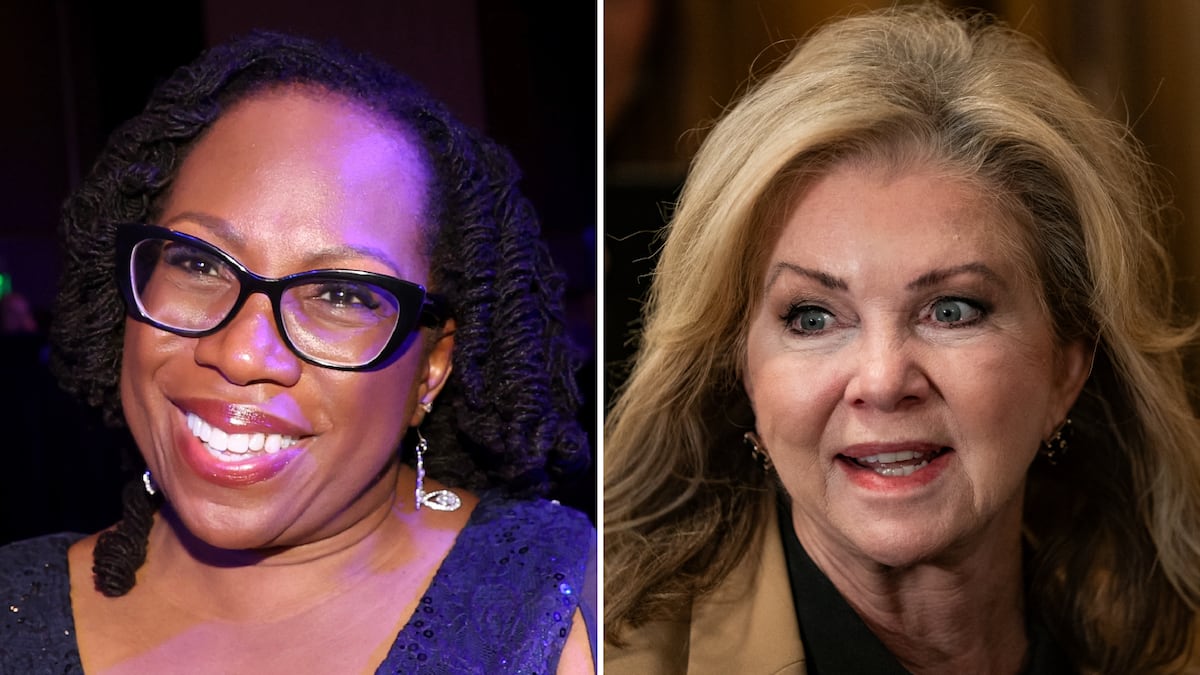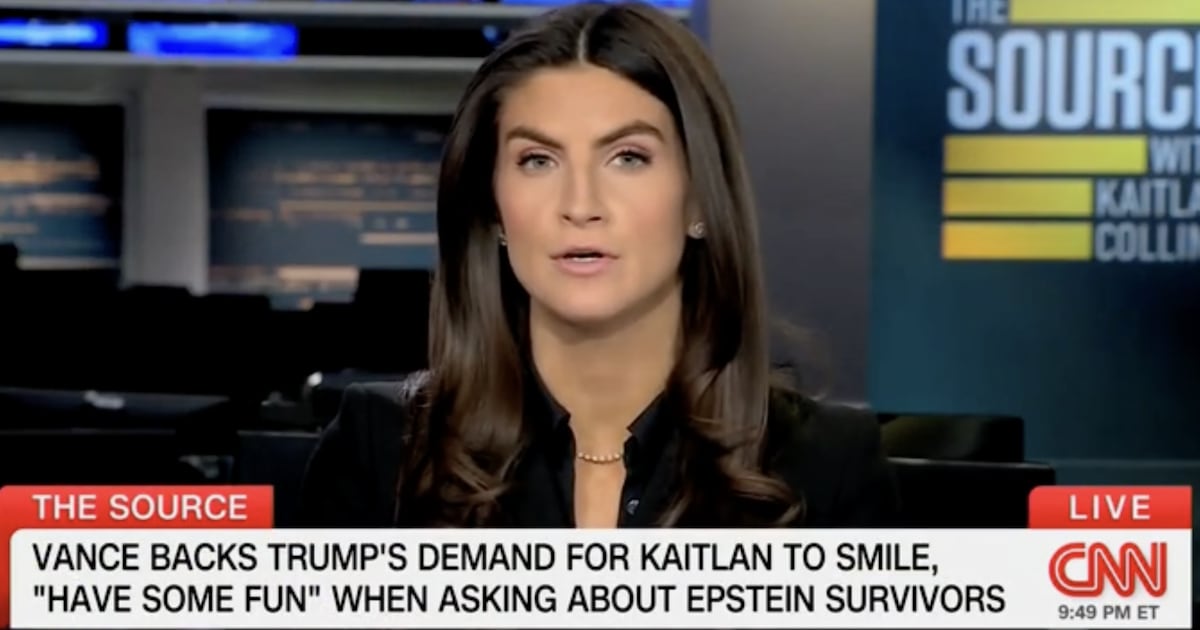Word is just now coming down that Ed Koch has died at age 88. He was a complicated figure, plenty of good and bad, and given the way he relished a good political fight in his prime, I don't think he'd expect me (we knew each other pretty well) or anyone to write anything else.
Koch was most famous of course as a three-term mayor of New York during pretty rough times, 1978 to 1990. Crime. The fiscal crisis. Roiling racial tension. He handled some of it exceedingly well, some of it less so. But his career really went back to 1960, and he pretty perfectly embodied and personified the complicated and ultimately quite unhappy relationship between liberalism and the white ethnic urban middle class.
He started out as a reformer back when that word had a specific meaning. The reform movement associated with Eleanor Roosevelt and New York Senator Herbert Lehman rose up to fight Tammany Hall, which--yes--still existed and was still powerful in 1960.
Koch was a reform leader in Greenwich Village who won an election in the early 1960s to an obscure party post, but one that was significant because reformers ran slates against the machine. He wasn't the first to defeat Tammany's Carmine DeSapio. That was a fellow named Jim Lanigan. Over the years, as Koch's legend grew and Lanigan became forgottten, the view somehow took hold that it had been Koch who'd first beaten DeSapio, a misperception that Koch, as I recall, did little to correct.
He became the congressman from what we used to call the "Silk Stocking" district on the East Side, ran for mayor and lost in 1973, and then tried again in 1977. For a Manhattanite who was up to then a pretty standard liberal, he did something unusual. He decided to position himself as the outer-borough candidate against Mario Cuomo, who was the literal outer-borough candidate (from Queens). Koch backed the death penalty, wasn't above a little Archie Bunker-ish lingua franca to get his point across. He won in a runoff.
Any account that excludes his personality, the importance to a beleaguered city at that time of his endless ebullience, would be grossly incomplete. He was a great New Yorker. He was funny, quick, cutting. He had a natural enthusiasm and a love for the city that never died. His famous saying, "How'm I Doing?", was sincere, at first, and charming. He adored Chinese food. He hosted SNL. They made a play about him. He was a Greenwich Village bachelor.
Was he also a "Greenwich Village bachelor"? No one knew. There were rumors. I don't know to this day. I heard things. For a time, he decided it would be useful to him to squire around Bess Myerson, then a legend in the city as the first Jewish Miss America and by that time a politician and public servant. But my feeling was always that Koch so loved himself he didn't leave much room to love anyone else.
By 1981, he had no competition for reelection except from the city's liberal-left that already hated him. Throughout the 80s, he increasingly antagonized that faction. His decision to close a public hospital in Harlem was a flashpoint. Crime kept going up up up. But by now, so did real estate values. The building boom of the 80s brought the city back. Wall Street went into hyperdrive. The Upper West Side became liveable again. The Amsterdam News, the main black paper, ran a front-page editorial headlined "Koch Must Resign" in every single issue. Koch said in 1988 that Jews would "have to be crazy" to vote for Jesse Jackson. There was a huge scandal, involving parking meters, another about patronage. Koch's once-fresh act was getting old.
Finally, the liberals got their act together, coalesced behind a candidate, David Dinkins, and beat him. From the very night of his defeat, Koch was unusually gracious. There was a gracious side to Ed. We'd have lunch every so often after he was returned to private life; or, I'd see him at events. People would come up to him and thank him for all he did for the city. And not just white people. And he'd lean down to be at eye level with these little old ladies and he'd smile from inside and say very nicely, "You're very kind, thank you."
Publicly, he became pretty bombastic and somewhat conservative, although he did stick with Obama. He and Al D'Amato developed a sthik for NY1, the local cable news channel, launching little rhetorical missiles, mostly in the direction of what Koch would call "the loony left." He wrote movie reviews for a local weekly paper, demotic, everyman reviews in which he made no effort whatsoever to imitate Pauline Kael. But his taste was pretty good. As I recall, his favorite movies were Fargo and Fellini's The Nights of Cabiria.
So all in all, Godspeed, Ed.

